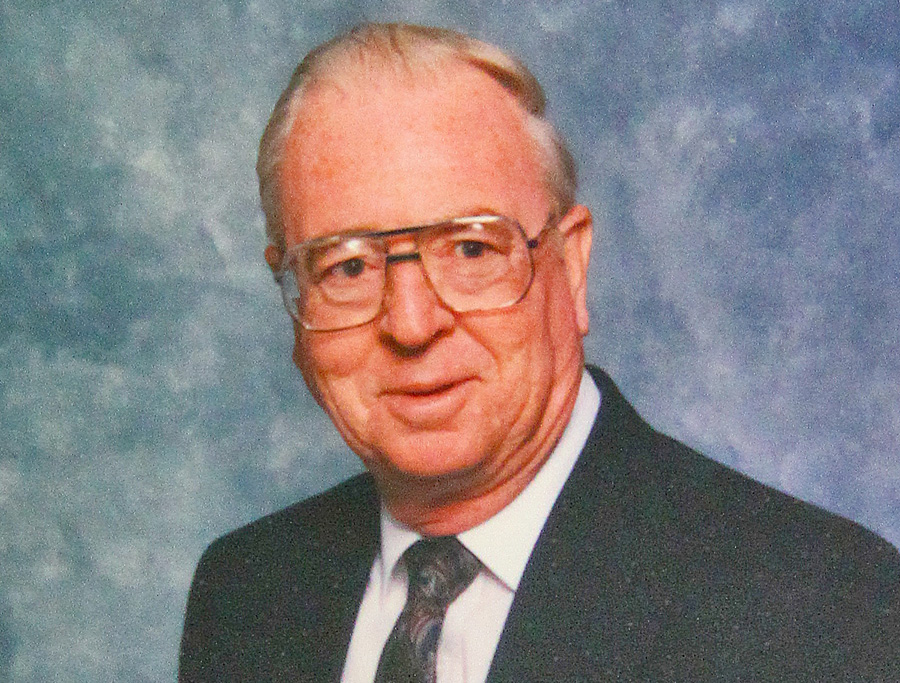A moral compass within
Published 5:58 pm Wednesday, March 8, 2017

- Photo submitted
Although she was with me for only eight years, four months, and nineteen days, my mother was a molding influence in my life. She helped me become what I am today. As Abraham Lincoln said, I owe much “to my angel mother.”
During that short time that she was with me, I remember her with a knowing look, saying to me on more than one occasion, “Your conscience is hurting you, isn’t it?” When she said that, I knew that I had done something that I should not have done. By the look on my face, she knew it, and I could not keep it from her.
Conscience has been defined as “a knowledge or feeling of right and wrong, with a compulsion to do the right,” or “moral judgment that prohibits or opposes the violation of a previously recognized ethical principle.” Put in simple terms, conscience is the voice within that tells us what is right and what is wrong. Therefore, George Washington, one of the founding fathers of our nation, said, “Labor to keep alive in your heart that little spark of celestial fire, called conscience.”
Trending
That “little spark,” or whatever it may be called, is a dependable moral compass within the human heart that points the way in each situation faced. Although we may try to stifle it, the conscience is always there. Because of it, we know, though we may not always do, what is right.
We do not lose the way when that moral compass, called conscience, is followed. Thomas Paine, a colonial philosopher and author of “Common Sense”, wrote, “He whose heart is firm, and whose conscience approves his conduct, will pursue his principles unto death.”
When we “strive always to keep (the) conscience clear,” there is an added dimension to life. Thomas Jefferson, one of the founding fathers of this land, said, “Our greatest happiness does not depend on the condition of life in which chance has placed us, but is always the result of a good conscience.”





